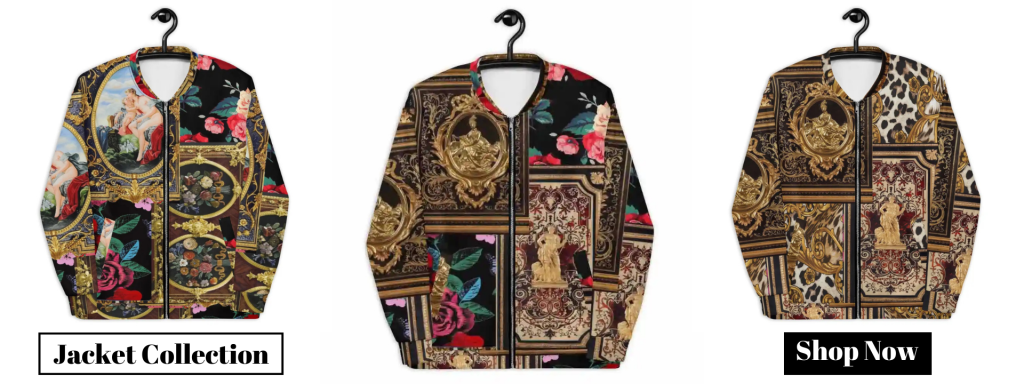
When it comes to choosing the right jacket for both style and functionality, men are often faced with a variety of fabric options. Wool jackets, known for their timeless appeal and exceptional warmth, are a popular choice, but how do they compare to other materials like cotton, leather, or synthetic fabrics? In this article, we will explore the advantages and drawbacks of wool jackets for men, contrasting them with other materials to help you decide which is the best choice for your wardrobe needs.
Why Choose Wool? The Advantages of Wool Jackets
Wool jackets have long been favored for their durability, warmth, and classic style. Here’s why wool continues to be a top choice for many men:
1. Insulation and Warmth
Wool is an excellent insulator, offering superior warmth even in harsh cold weather. The natural fibers of wool trap air, which helps retain body heat. Whether it’s a blustery winter day or chilly autumn evening, a wool jacket will keep you cozy without the bulk of other materials.
2. Breathability and Moisture-Wicking
One of wool’s most remarkable features is its breathability. Unlike many synthetic fabrics that trap sweat, wool helps regulate body temperature by drawing moisture away from the skin. This makes wool jackets ideal for fluctuating weather, keeping you warm without overheating.
3. Durability
Wool jackets are known for their durability and ability to withstand wear and tear over time. With proper care, wool can last for years without losing its shape, making it a smart investment for a long-lasting wardrobe staple.
4. Timeless Style
Wool jackets have a classic, refined aesthetic that never goes out of style. Whether you opt for a sleek wool blazer or a rugged wool peacoat, these jackets exude sophistication and elevate your overall look.
5. Water Resistance
Wool naturally resists water to a certain extent. While it’s not fully waterproof, it is water-resistant enough to withstand light rain or snow. This makes wool a great choice for unpredictable weather.
Comparing Wool Jackets to Other Materials
1. Cotton Jackets: Lightweight and Versatile, But Less Warm
Cotton jackets are often chosen for their breathability, softness, and comfort, especially in milder temperatures. However, cotton lacks the insulating properties of wool, making it less suitable for very cold conditions.
Pros of Cotton Jackets:
- Lightweight and comfortable for spring and fall.
- Available in various styles and colors, making it a versatile option for different looks.
- Easy to care for and machine washable.
Cons of Cotton Jackets:
- Not as warm or durable as wool.
- Cotton absorbs moisture rather than wicking it away, which can leave you feeling damp in rainy or snowy conditions.
- Tends to lose its shape over time, especially after repeated washes.
Best For: Casual, light jackets during mild weather.
2. Leather Jackets: Stylish and Durable, But Less Insulating
Leather jackets are synonymous with rugged style and toughness. Made from animal hides, leather provides a sleek, edgy look and high durability. However, leather doesn’t offer the same level of warmth and breathability as wool.
Pros of Leather Jackets:
- Timeless, bold fashion statement.
- Durable and can last for decades if well cared for.
- Excellent wind resistance.
Cons of Leather Jackets:
- Doesn’t provide insulation like wool, making it less effective in very cold weather.
- Not as breathable as wool, which can lead to overheating.
- Requires more maintenance (e.g., conditioning and waterproofing) to keep it in good shape.
Best For: Fashion-forward looks in milder temperatures or for specific rugged style needs.
3. Synthetic Fabric Jackets (Polyester, Nylon, etc.): Affordable and Weather-Resistant, But Less Breathable
Synthetic materials like polyester and nylon are popular due to their affordability, lightweight feel, and resistance to rain and wind. These materials are often used in technical jackets designed for active pursuits like hiking or cycling.
Pros of Synthetic Jackets:
- Affordable and readily available.
- Water-resistant and quick-drying.
- Lightweight and often designed with active wear in mind.
Cons of Synthetic Jackets:
- Can trap sweat and moisture against the skin, leading to discomfort during physical activity.
- Often lacks the warmth and natural insulating properties of wool.
- Typically doesn’t have the same refined, timeless look as wool.
Best For: Outdoor and active wear during wet or unpredictable weather.
4. Cashmere Jackets: Luxurious, But More Fragile and Expensive
Cashmere is a luxurious fabric made from the undercoat of goats. While it offers a similar level of warmth to wool, it’s much softer and more delicate, making it less practical for everyday wear.
Pros of Cashmere Jackets:
- Exceptionally soft and luxurious feel.
- Provides warmth without the bulk, offering a refined look.
- Breathable and moisture-wicking properties similar to wool.
Cons of Cashmere Jackets:
- Very expensive, making it less accessible for many.
- More fragile and prone to pilling and damage.
- Requires careful handling and dry cleaning.
Best For: Special occasions or high-end fashion, but not as practical for daily wear.
Which Material Is the Best Choice for You?
Choosing the right material for your jacket ultimately depends on your specific needs and preferences. Here’s a quick breakdown of when to choose each:
- Wool Jackets: If you’re looking for warmth, breathability, and timeless style, wool is the best choice. It’s perfect for colder weather and can transition from formal to casual effortlessly.
- Cotton Jackets: Ideal for light, casual wear in milder weather. Not suitable for cold or wet conditions, but great for spring and autumn.
- Leather Jackets: Best for those seeking a rugged, durable jacket that adds an edge to any outfit. Great for milder weather and wind resistance but less suitable for extreme cold.
- Synthetic Fabric Jackets: If you’re after an affordable, weather-resistant jacket for outdoor activities or unpredictable weather, synthetic fabrics are the best choice.
- Cashmere Jackets: A luxury option for those looking for supreme softness and warmth. Best reserved for formal settings or high-end fashion needs.
Conclusion
While wool jackets offer superior warmth, breathability, and a timeless look, other materials such as cotton, leather, synthetic fabrics, and cashmere also have their place in a well-rounded wardrobe. Ultimately, the best choice depends on your specific needs—whether it’s a formal wool blazer, a casual cotton jacket, a stylish leather piece, or a functional synthetic jacket. For versatility, durability, and style, wool jackets stand out as the top contender, providing a perfect balance between performance and elegance
-
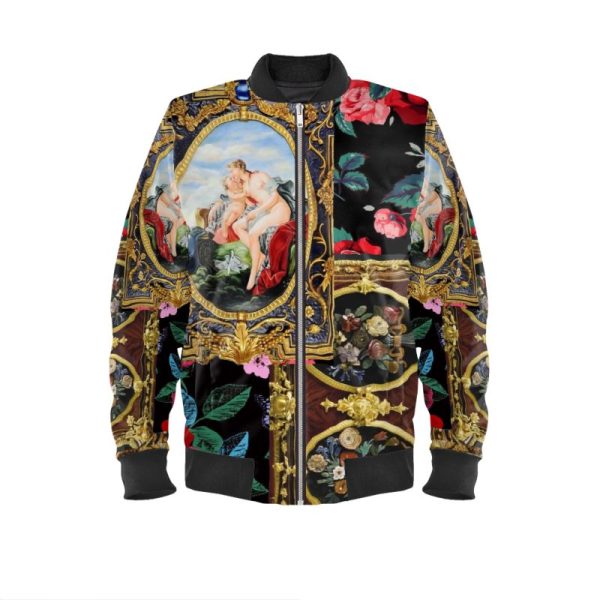 Satin Designer Bomber Jacket$448
Satin Designer Bomber Jacket$448 -
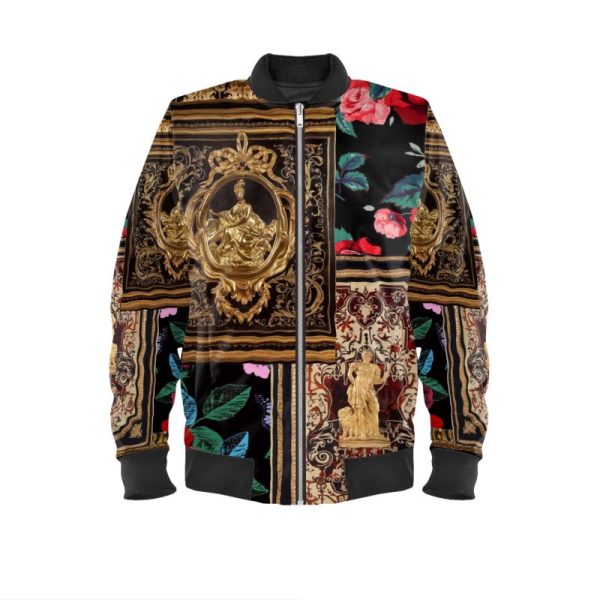 Satin Designer Bomber Jacket$448
Satin Designer Bomber Jacket$448 -
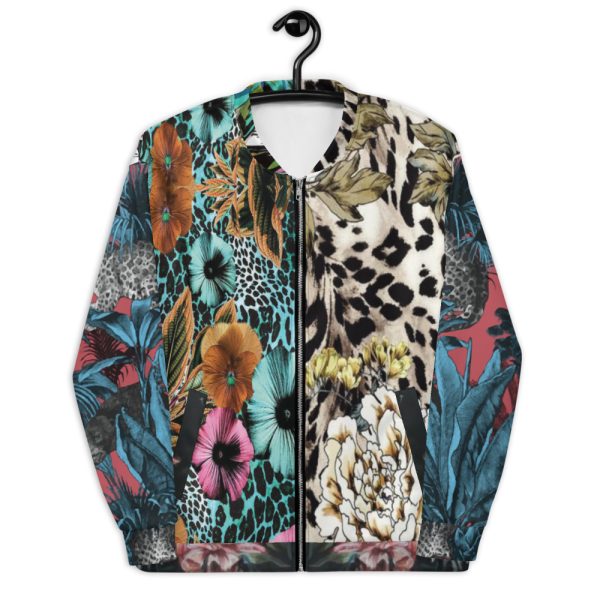 Bomber Jacket | Designer Luxury For Women & Men | Navy Blue Floral Red Turquoise$158
Bomber Jacket | Designer Luxury For Women & Men | Navy Blue Floral Red Turquoise$158 -
 Bomber Jacket | Designer Luxury For Women & Men | White Gold$158
Bomber Jacket | Designer Luxury For Women & Men | White Gold$158 -
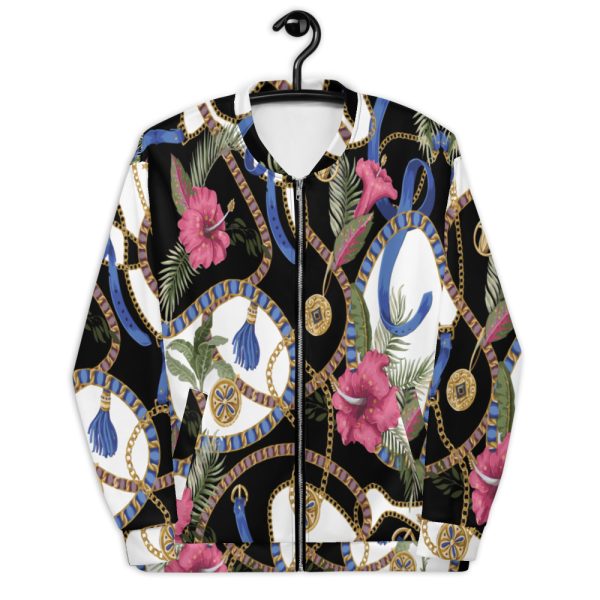 Bomber Jacket | Designer Luxury For Women & Men | Floral White Black$158
Bomber Jacket | Designer Luxury For Women & Men | Floral White Black$158 -
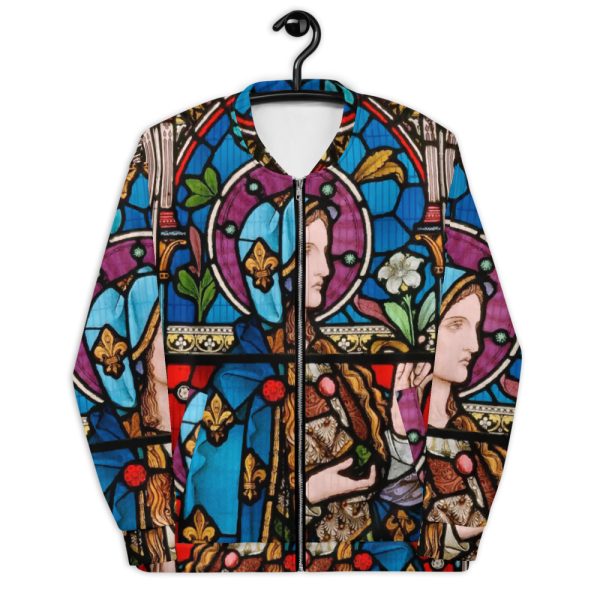 Bomber Jacket | Designer Luxury For Women & Men | Blue Purple Gold$158
Bomber Jacket | Designer Luxury For Women & Men | Blue Purple Gold$158 -
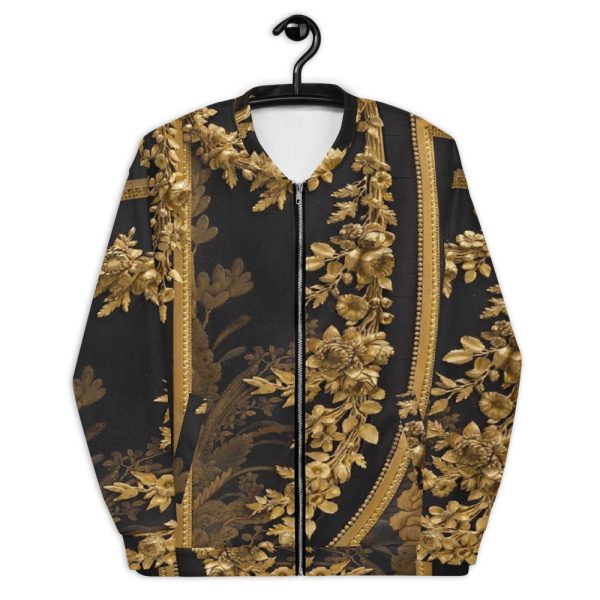 Bomber Jacket | Designer Luxury For Men & Women | Black Gold Baroque$158
Bomber Jacket | Designer Luxury For Men & Women | Black Gold Baroque$158 -
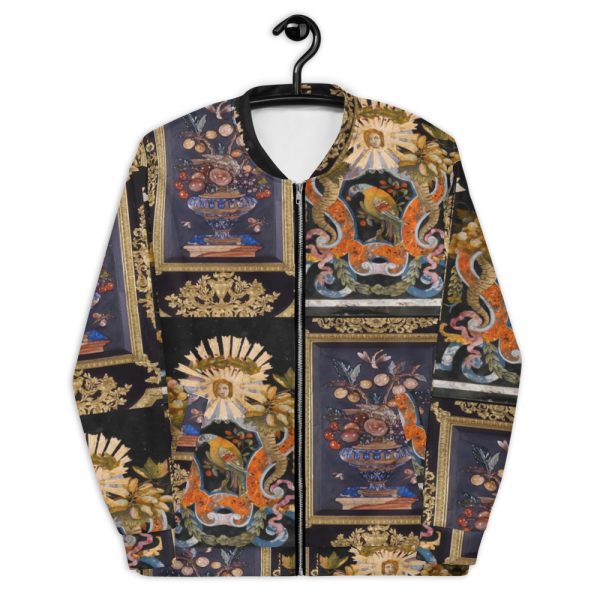 Bomber Jacket | Designer Luxury For Women & Men | Black Gold$158
Bomber Jacket | Designer Luxury For Women & Men | Black Gold$158 -
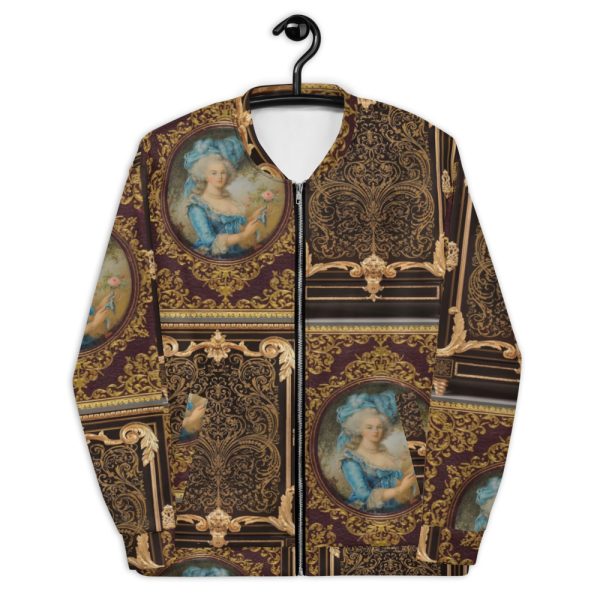 Bomber Jacket | Designer Luxury For Women & Men | Gold$158
Bomber Jacket | Designer Luxury For Women & Men | Gold$158